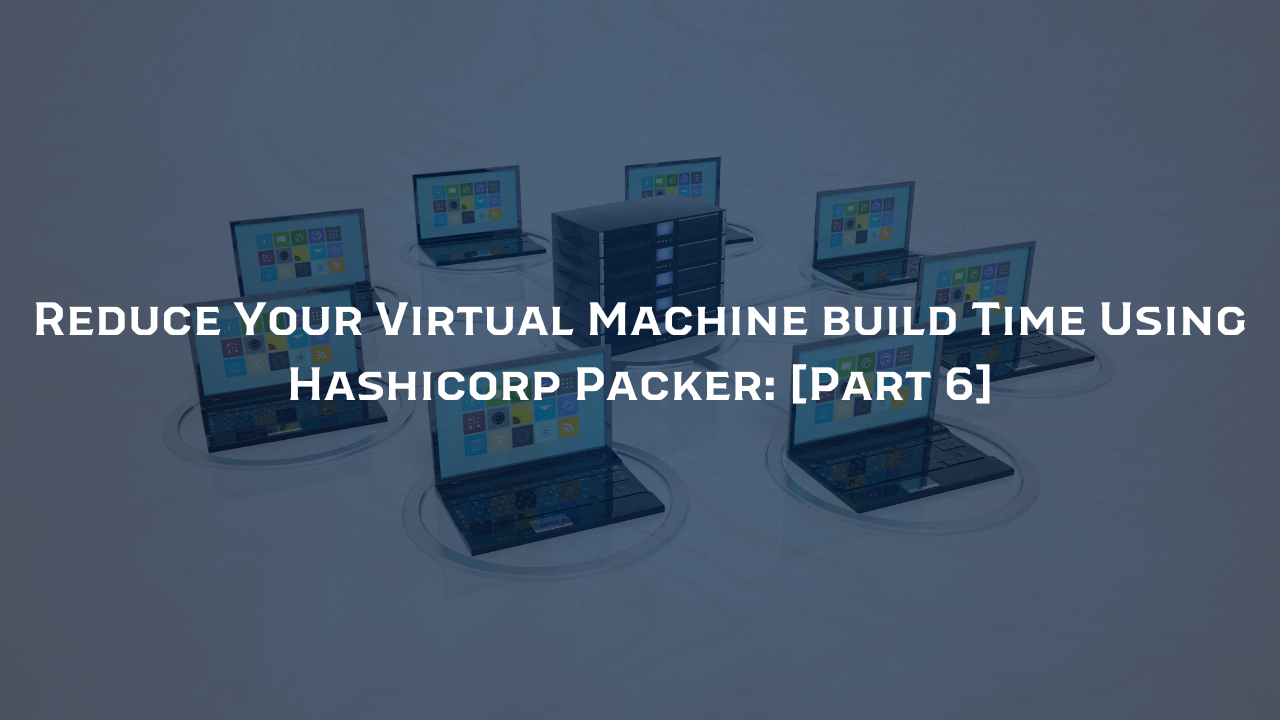Edition: Saturday, April 20th, 2024
For a DBA, securing SQL Server is a critical aspect of the job. Securing data at rest, data in motion, and data in use (in memory) are all areas a potential attacker could focus on. This month, I've focused on "securing data in motion" using trusted certificate...
Edition: Saturday, April 13th, 2024
Last week, we ended after the initial CA configuration. This week, we'll enable HTTPS for our Web Enrollment site. I'll cover an issue I encountered when using the Edge browser to request a user certificate via Web Enrollment and a workaround. Be warned though...
Edition: Saturday, April 6th, 2024
In the last edition, we concluded after installing Active Directory Certificate Services.
Today, we'll configure the new Certificate Authority as an Enterprise CA. We're installing an Enterprise CA because they're integrated with Active Directory Domain Servic...
Edition: Saturday, March 30th, 2024
Most new DBAs aren't familiar with certificates, or generating certificate requests, to be used by SQL Server.
I know I wasn't. Early in my career, I had worked in environments that didn't require encrypted connections to SQL Server so I struggled a bit the fi...
Edition: Saturday, March 23rd, 2024
Today I want to share a quick tip on getting started with Windows Server 2025 Standard Edition (preview). It seems Server 2022 just came out a few short weeks ago but in reality, it was released on August 18, 2021.
As technologists, we sometimes delay the inev...
Edition: Saturday, March 16th, 2024
Good morning! Hopefully, this week's edition finds you getting some much-needed rest on a Saturday. It's early here in Tennessee and I'm hoping for a sunny day.
This past week I posted a few LinkedIn challenges on the topic of change tracking in SQL Server:
-
...
Edition: Saturday, March 9th, 2024
Keeping data confidential is a crucial role for a DBA. Today, I'll share strategies that Database Administrators can implement to enhance data confidentiality. You'll learn about the importance of encryption, access controls, auditing, and secure backups.
Data ...
Edition: Saturday, March 2nd, 2024
Welcome to March!
Today, I want to talk about one common challenge a DBA may encounter. Scripting a database(s). There are a few common scenarios that may require this. Here are a few:
- Needing to create an empty shell of an existing database for testing p ...
Edition: Saturday, February 24th, 2024
A common challenge DBAs encounter is efficient capacity planning. Ensuring that SQL Server is operational, optimized, and ready to scale is important.
In today's edition, I'll share insights on capacity planning, including strategies, tools, and best practi...
Edition: Saturday, February 17th, 2024
I recently had a conversation about the placement of SQL Server native backups. Backups were stored on the same drive as the database log files, and I mentioned that they needed to reside elsewhere.
Today, we will look at what happens when you lose a drive t...
Edition: Saturday, February 10th, 2024
Sign up for the DBA Challenges Newsletter here --> DBA Challenges - Newsletter (automatesql.com).
It's hard to believe we're already in the 2nd week of February 2024.
Today, I will focus on how to leverage Extended Events to identify and troubleshoot queri...
Introduction:
In part 5, we created the remaining configuration scripts that we'll use to create the Windows Server 2022 golden image. At this point, your AutomatedSandboxFramework directory should resemble the screenshot below.

Here's what we'll accomplish by the end of this post:
- Comp ...











